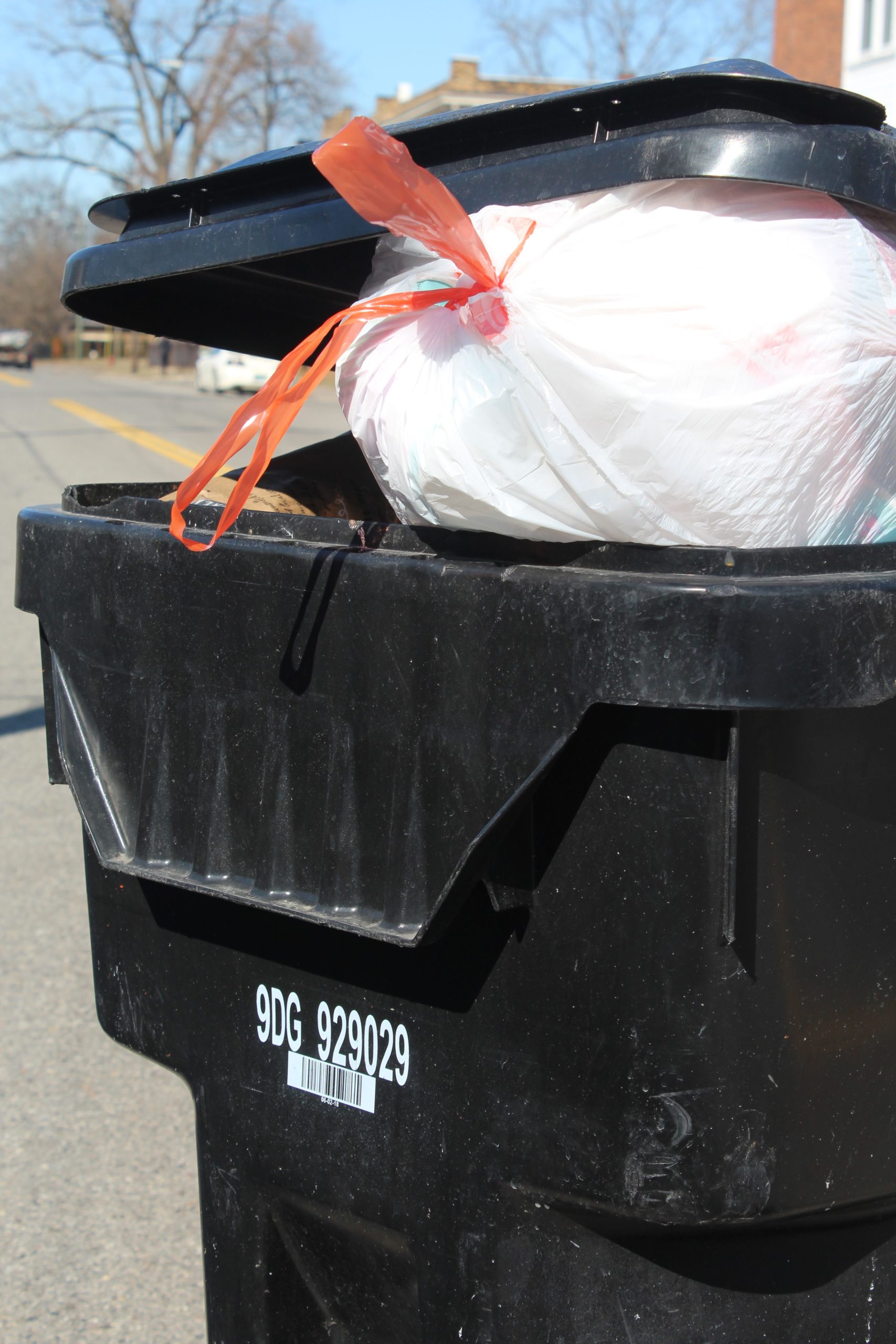The average person generates around 4.5 pounds of trash a day. The majority of our ocean pollution comes from things that most people could reduce or cut out entirely, like plastic water bottles, paper plates, and cigarette butts. And, you’ll find that many of the ways you can reduce your trash consumption will, in addition to helping the environment, also benefit your overall health.
Easy ways to reduce your trash in the kitchen
Ditch paper towels, Clorox wipes, and the massive stock of cleaning supplies piled under your kitchen sink. Usable rags and a variety of homemade cleaning solutions, or one homemade vinegar solution with half a cup of Industrial strength vinegar and 5 to 10 drops of essential oil (like peppermint) diluted with water.
Stop using disposable cups, plates, and silverware. If you’re using a dishwasher, don’t run your dishwasher until it’s completely full, and if you’re hand washing, put a stopper in the drain, start washing and then turn the water off when the sink is full. On average, a dishwasher uses around 5 gallons of water, whereas handwashing can use upwards of 20 gallons of water.
Stop packing lunches with ziplock bags and plastic water bottles. Get rid of your tin foil and plastic wrap. Switch to using Tupperware containers and reusable ziplock bags, make or buy reusable beeswax food wrappers, try out silicone stretch lids, and invest in a reusable water bottle. If you don’t have access to clean water, invest in a water bottle with a built-in filter. If you’re on a budget, look around your nearest thrift store for high-quality water bottles (and other containers) for under $5.
When you’re going to coffee shops and restaurants, take reusable containers with you and request leftovers or to-go coffee orders in your reusable containers.
Stop buying snack bars and other types of single size processed foods. Grab an apple or an orange for your snack instead of something with a wrapper. The best thing you can do for the environment and your health is to take up cooking. You’ll produce less waste by cooking with fresh produce, and you’ll consume fewer packaged and processed foods.
Whenever possible, turn down plastic straws, plastic utensils, disposable napkins, and other individually packaged single-use items at restaurants. Alternatives include metal, silicone, or bamboo straws as well as travel utensil kits.
Compost!
Compostable food waste contributes to between 20-30% of your waste. When left in landfills, food waste breaks down to produce methane gas because the food breaks down without oxygen. This is a big deal! Methane gas is upwards of 20 times more harmful than CO2. For many people, composting is the single biggest way one can help fight climate change.
Compost, when used in your garden, makes your soil richer, helping it retain nutrients. The healthy bacteria in compost help fight pests, fungi, and diseases. You’ll have plants that are healthier and better for you. Composting at home is easier than you think. Depending on where you live, you may have the option to collect your compost and give it away or have it picked up. If you live in the Detroit area, you’re already on the right website! Click here.
How you can cut down on trash in the bathroom
Use reusable diapers and feminine products and use toilet paper made from recycled materials.
Buy shower (and beauty) products in bar form or packaged in recycled packaging.
Ditch single-use or disposable plastic razors with alternatives like these.
-Stop buying products with “microbeads” that are used for exfoliation. Microbeads are in the top 5 most prominent contributors to ocean pollution.
Stop using makeup wipes/cotton balls/cotton rounds, and start using reusable alternatives.
Other ways to reduce your waste
Buy clothes from thrift shops and purchase quality clothes that are well made from sustainable materials. Take up sewing, and fix clothes with holes instead of throwing them out. Avoid clothes with synthetic fibers as these come off in the wash and end up in the ocean. Synthetic fibers, like microbeads, are one of the top 5 contributors to Ocean pollution.
Cancel unnecessary junk mail and magazine subscriptions!
Overall, be conscious of what you consume. Think about what and how often you’re consuming something that ends up in the trash and ask yourself, “Is there a reusable alternative to this?” Doing research and being aware is a big step in the right direction. If you need to make a purchase check out these eco-friendly products and alternatives at The Package Free Shop, and Eco Roots or Google “Eco-friendly shops.” Making the switch to eco-friendly alternatives can seem daunting, and depending on the situation, expensive, but when you consume less, you spend less, and the environment thanks you.

1 comment
Comments are closed.